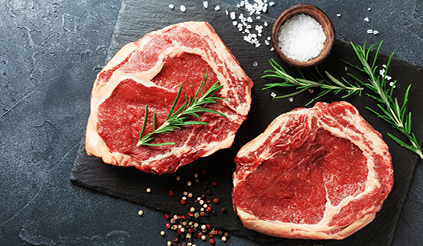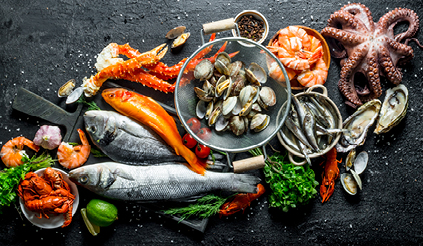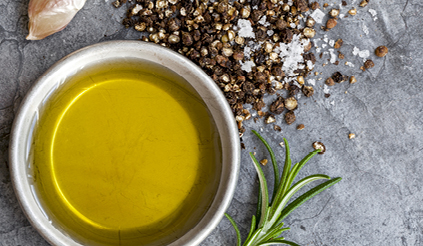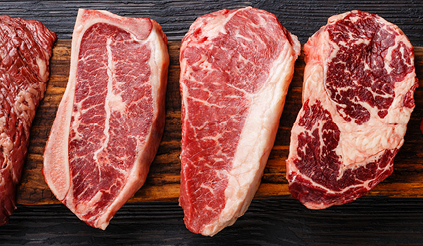
REFOOD, UW PARTNER VOOR DE VERWERKING
VAN VOEDSELRESTEN
VAN VOEDSELRESTEN
De inzameling van voedselresten is bij levensmiddelenproducenten, in horeca en midden & klein bedrijf een alledaags feit; ReFood is marktleider in de inzameling en verwerking van ‘alles wat er van het eten overblijft’!
De techniek
STAP 1 | HAMERMOLEN
Of het nu onverpakt of verpakt is – ReFood verzamelt de resten van levensmiddelen in en verwerkt ze tot biomassa. In de aannamehal worden de containers geleegd en de voedselresten worden door een hamermolen verkleind. Daarbij worden bestanddelen van de verpakking zoals karton en folie gescheiden van het organisch materiaal.
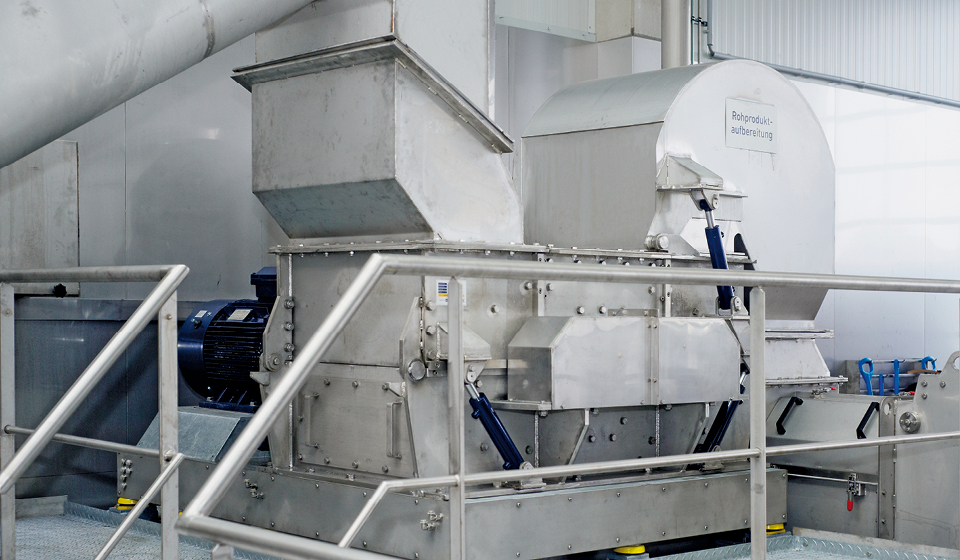
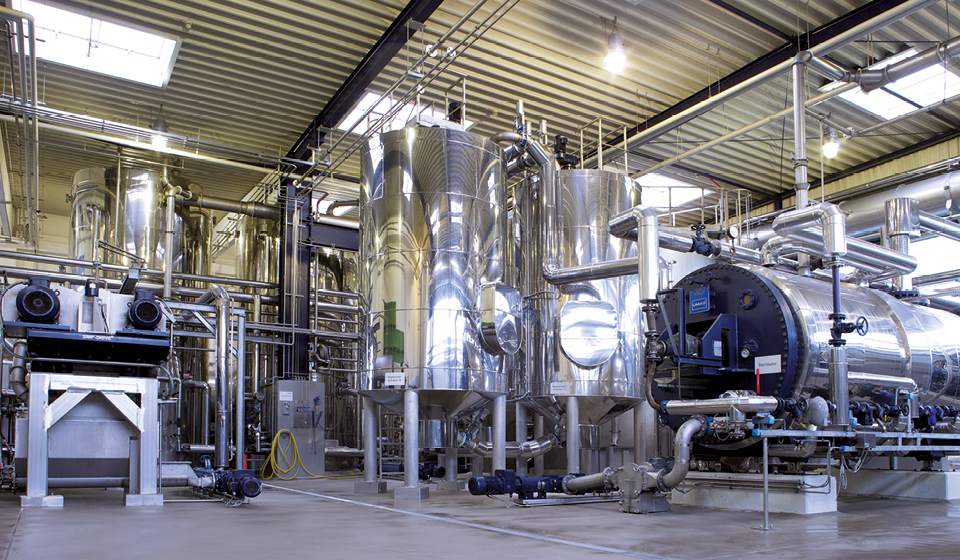
STAP 2 | HYGIËNISATIE
Met behulp van een warmtewisselaar wordt de warmte van de warmtekrachtkoppeling overgedragen naar de organische massa die zo tot 45 graden Celsius voorverwarmd wordt. Daarna verhit de hygiënisator de biomassa conform EU-verordening 1069/2009 tot meer dan 70 graden Celsius. Deze temperatuur wordt een uur lang vastgehouden om mogelijke ziekteverwekkers onschadelijk te maken.
STAP 3 | HYDROCYCLOON
In een hydrocycloon worden zware stoorstoffen zoals bijvoorbeeld blik en glassplinters alsmede botresten, hard plastic en aluminium door zwaartekracht gescheiden. Zodoende is het digestaat als eindproduct van de vergisting vrij van stoorstoffen.
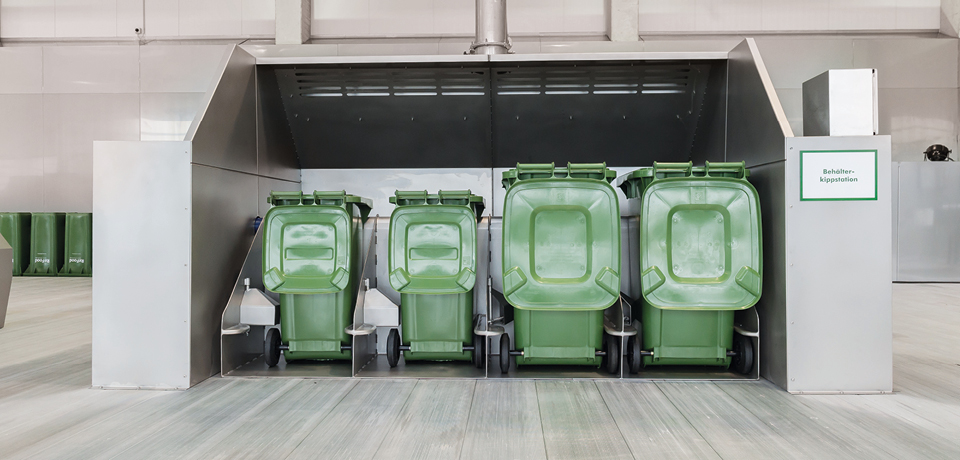
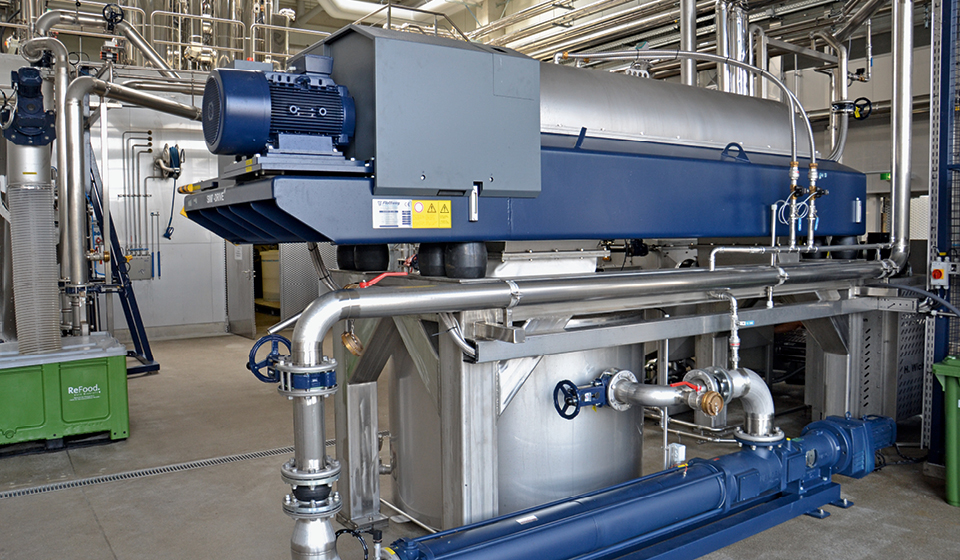
STAP 4 | DECANTEER CENTRIFUGE
ReFood ontvet de voedselresten in een decanteercentrifuge. De op deze wijze gewonnen spijsvetten worden gereinigd: water en vuil evenals polyethyleen worden in verschillende filterinstallaties verwijderd, om een zuivere grondstof te krijgen. Deze spijsvetten worden net als de gebruikte spijsoliën, die in de Oleo90-containers worden ingezameld, aan producenten van biodiesel verstrekt.
STAP 5 | BIOGASPRODUCTIE
In de gistingstanks van de biogasinstallatie splitsen micro-organismen de koolhydraten en proteïne uit de ontvette resten van levensmiddelen in eenvoudige organische bouwstenen zoals peptide of vetzuren.
Temperatuur en pH-waarde spelen daarin een belangrijke rol. De tussenproducten zetten miljoenen bacteriën in meerdere stappen om in azijnzuren en uiteindelijk in methaan (biogas). Na de ontzwaveling en reiniging wordt het biogas in warmtekrachtkoppelingen gebruikt om stroom en warmte op te wekken.
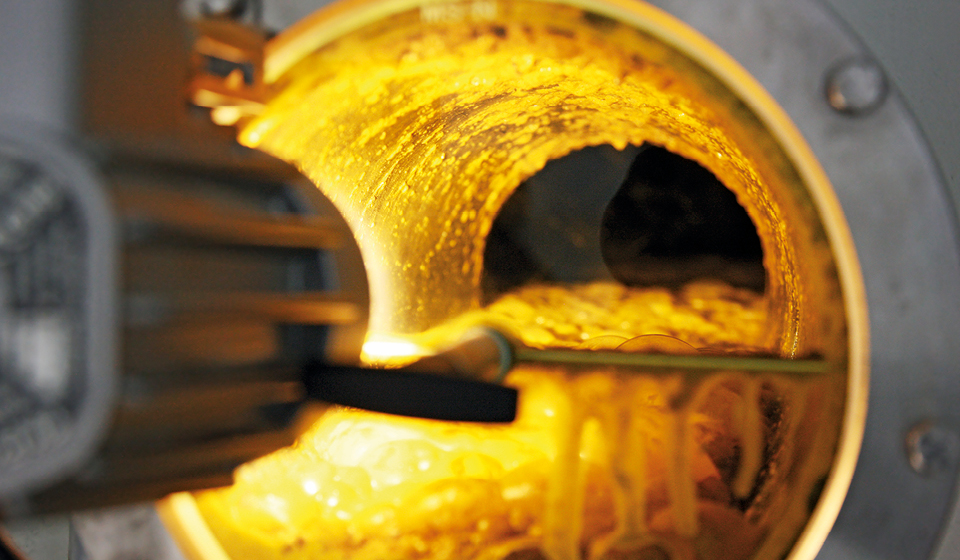
JOUW RESTJES EN VOEDSELAFVAL WORDEN DE DUURZAME ENERGIE VAN MORGEN.

Duurzame
elektriciteit

Milieuvriendelijke
warmte

Organische
bemesting
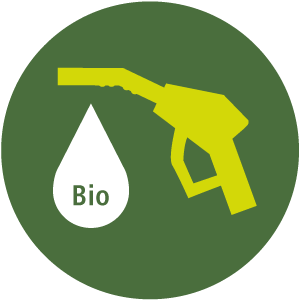
Biodiesel

